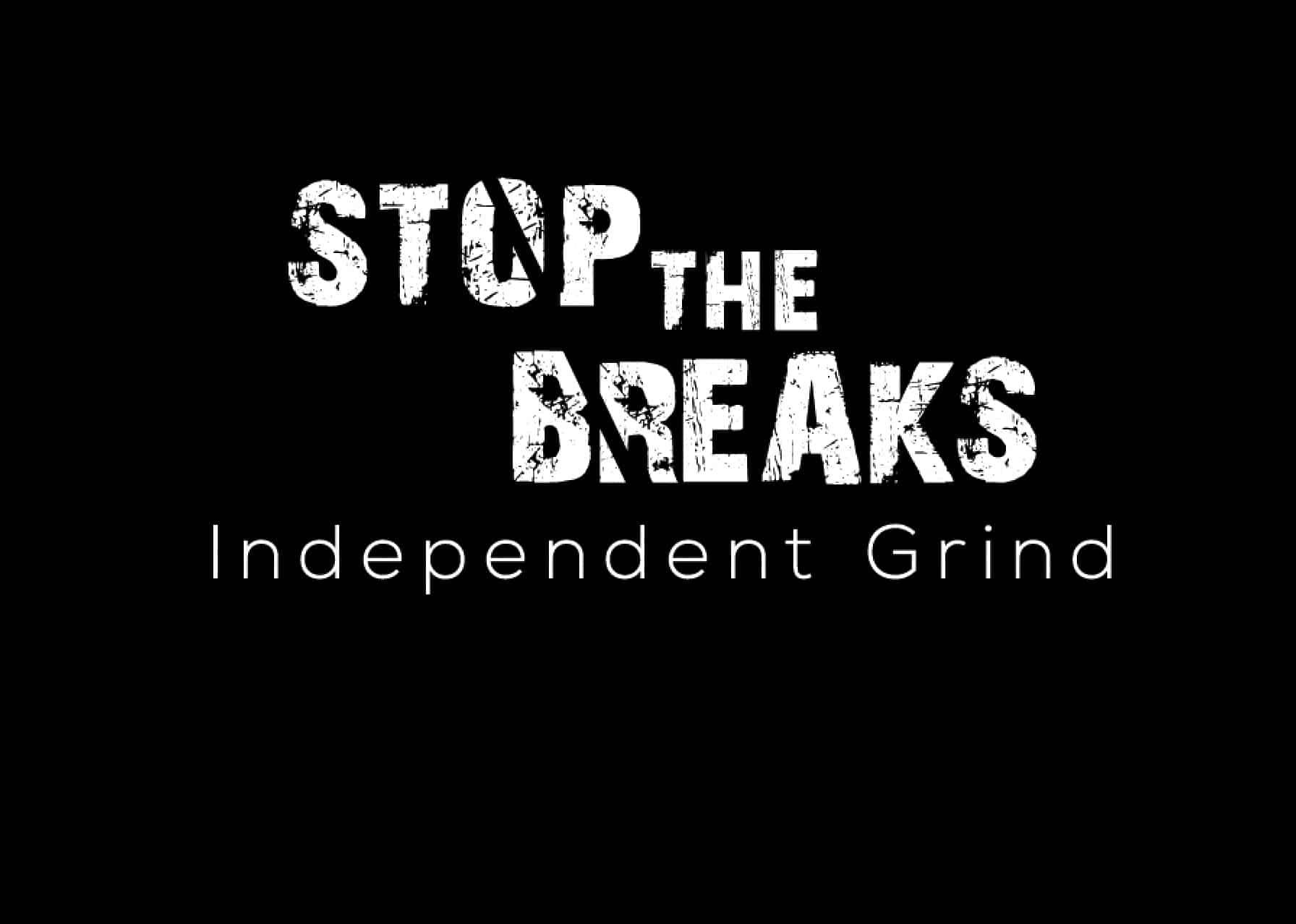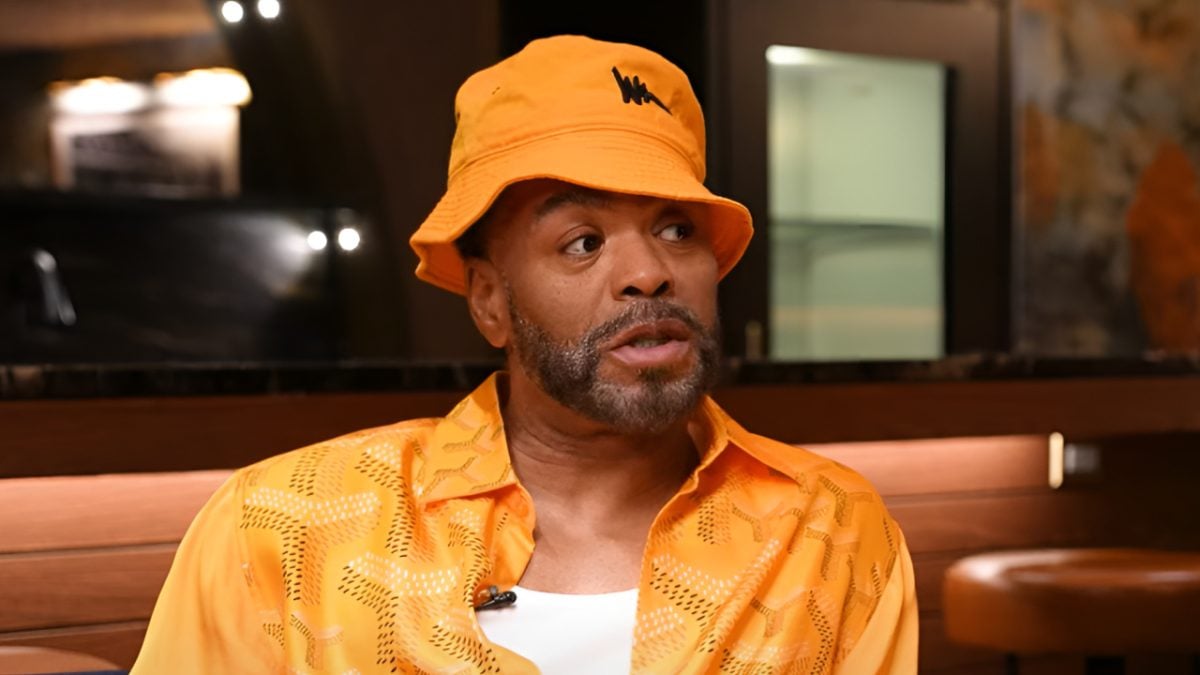In a shocking revelation, Method Man disclosed that he has never received any income from streaming his music. This admission comes despite his acclaimed career as a solo artist and member of the Wu-Tang Clan.
The veteran rapper shared this surprising news during an interview, bringing to light deeper issues within the music industry’s streaming models.
Method Man’s Revelation
During an interview with Wale Ogunleye, Method Man revealed he has never received a streaming check for his music. Despite his success with Wu-Tang Clan and as a solo artist, streaming revenue has eluded him.
He mentioned his struggle to understand new technologies like artificial intelligence and its impact, sharing, “I’m still trying to figure out AI… I’ve never gotten a streaming check for any of my music.”
Streaming Model Criticisms
Method Man is not the only artist expressing frustration with the streaming model. Many artists have voiced concerns over low payout rates, including Snoop Dogg and Metro Boomin.
Snoop Dogg shared his disappointment, revealing that a billion streams on Spotify earned him less than $45,000. Metro Boomin also highlighted the issue, suggesting that his future albums may not be available on streaming platforms.
Comparative Insights
The disparity in earnings from streaming is evident when comparing established artists. Snoop Dogg, with his billion streams, made surprisingly little, raising questions about the value placed on digital music.
Metro Boomin’s remark that fans need to stream an artist’s music 20 times a day for a year to generate just $25 further underscores the inadequacy of current streaming payouts.
This discontent has led to a broader conversation about fair compensation for artists in the digital age, emphasizing the need for reform in streaming royalties.
Proposed Legislative Changes
In response to these concerns, efforts are being made to increase the payout rates from streaming services. Legislators have introduced a new bill aiming to raise payouts from a fraction of a penny to one penny per stream.
The proposed Living Wage For Musicians Act also suggests creating a royalty fund to pay artists directly, bypassing traditional record labels. This bill could significantly impact how musicians are compensated in the future.
The Living Wage for Musicians Act
This legislation aims to establish a fairer payment system for musicians, addressing long-standing issues with streaming revenue.
By imposing an additional fee on streaming subscriptions, the bill seeks to ensure artists receive a more substantial portion of the revenue generated by their work.
The act also proposes a royalty cap for songs with over a million streams, with excess royalties being redistributed among all artists.
Industry Reactions
The introduction of this bill has sparked varied reactions within the music industry. Some see it as a necessary step toward fair compensation, while others remain skeptical of its potential effectiveness.
Nevertheless, the conversation about fair pay in the era of streaming is gaining momentum, highlighting the evolving dynamics between artists and digital platforms.
Conclusion
Method Man’s revelation about his lack of streaming income has reignited discussions about fair artist compensation.
As the industry continues to grapple with these challenges, proposed legislative changes like the Living Wage For Musicians Act could bring much-needed reforms.
Method Man’s admission is a stark reminder of the disparities in the music industry’s streaming model. It underscores the urgency for reforms to ensure fair compensation.
The future of artist revenue in the streaming era is uncertain, but ongoing discussions and proposed legislation offer hope for a more equitable system.




